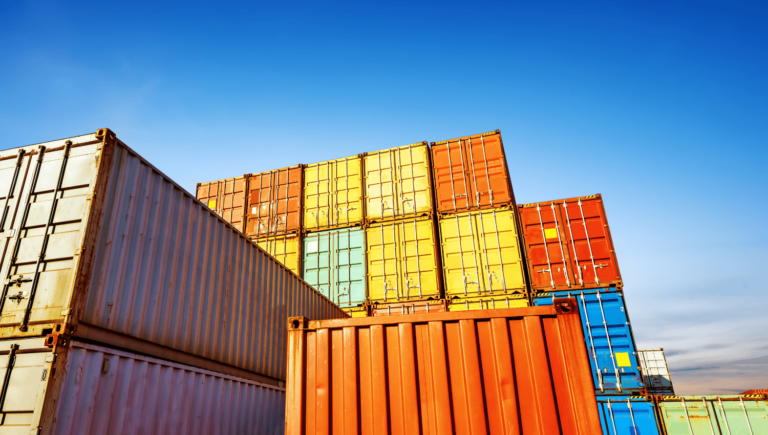Navigating the Digital Transformation Challenges in Consumer Products and Logistics Industries
The consumer products, retail, and logistics industries are experiencing challenges with their digital transformation, and lag behind other sectors, posing issues in pursuing solutions driven by artificial intelligence (AI). A recent study conducted by Forrester Research reveals that cost-cutting measures targeting supply chains threaten the progress of consumer goods and logistics companies in digitization efforts.
Forrester conducted an online survey of 106 decision-makers from the consumer goods, retail, and logistics industries and interviewed executives in the US, Germany, and New Zealand to evaluate digital transformation objectives and outcomes. The results revealed that 46% of respondents considered digitization crucial to enabling an insights-driven culture, and 59% see a lack of digitization as a major challenge for their businesses. However, they are only in the early stages of digital maturity, causing these companies to experience obstacles in integrating emerging technologies such as AI.
Forrester found that while companies invested in digitization, they experienced difficulties in realizing the intended outcomes. Only 38% reported that their initiatives had fully achieved the desired outcomes, and 83% translated less than 50% of their digitization investments into tangible business value. In addition, 47% of them were not able to measure a positive Return on Investment (ROI).
The study showed that the most significant impediments to achieving desired outcomes were operational inefficiencies and siloed company structures, with 73% of respondents reporting challenges from process inefficiencies and 57% experiencing constraints from persistent silos across their organization. Furthermore, companies reported that they face technology skillset challenges, data, talent, transformation strategy, change management and compliance.
Compared with other industries, these industries are more likely to lack quality data to train AI systems. They also lack skills to develop, implement, and operate AI solutions. The study also reveals that only 49% of executives think AI is likely to play a significant role in their company, compared to 63% across all industries. The report suggests that consumer goods and logistics firms are mired in the early stages of digital maturity and enterprise connectivity.
However, there appears to be a broad consensus about a viable way forward for these companies. More than two-thirds of the survey respondents (69%) believe that a platform-based strategy, which unifies and orchestrates business and technology, offers a route to success. Additionally, 81% were looking to leverage platforms for intelligent automation to drive growth, according to Forrester’s reports. The idea is to enable companies to connect business, IT, and partner ecosystems from a platform at the core.
While the platform-based strategy is a step in the right direction, a new report by Boston Consulting shows that the road to a brighter, better digitized future is bumpy. They found that 65% of respondents prioritized supply chain and manufacturing expenditure as the largest levers to reduce costs. Boston Consulting researchers found that this still trumped traditional primary cost-cutting targets such as labor.
Moreover, past successes in cost reduction appear to have suffered setbacks. According to the report, 83% of respondents met initial cost savings targets, but 43% subsequently saw those costs rise again. The areas in the crosshairs as key targets for cuts include procurement, logistics networks, distribution, and warehousing.
Unless demand grows stronger in the future, we can expect further cost pressure on logistics firms, leaving them with less money to invest in digitization and emerging technologies. Therefore, it is essential that these industries prioritize digitization investments, enhance their digital transformation programs, and overcome their operational inefficiencies to remain competitive with other sectors. Developments in digitization will be necessary to streamline supply chains and remain competitive in the modern age.
Article source: https://theloadstar.com/consumer-products-and-logistics-firms-struggling-with-digitisation/

ITAR Course
ITAR – A fundamental overview of the U.S. International Traffic in Arms (ITAR), providing insight and understanding of the key principals and essentials of proper compliance. How does ITAR impact international business, avoid costly fines and penalties, does my product fall under ITAR, and other questions are answered with this training.








